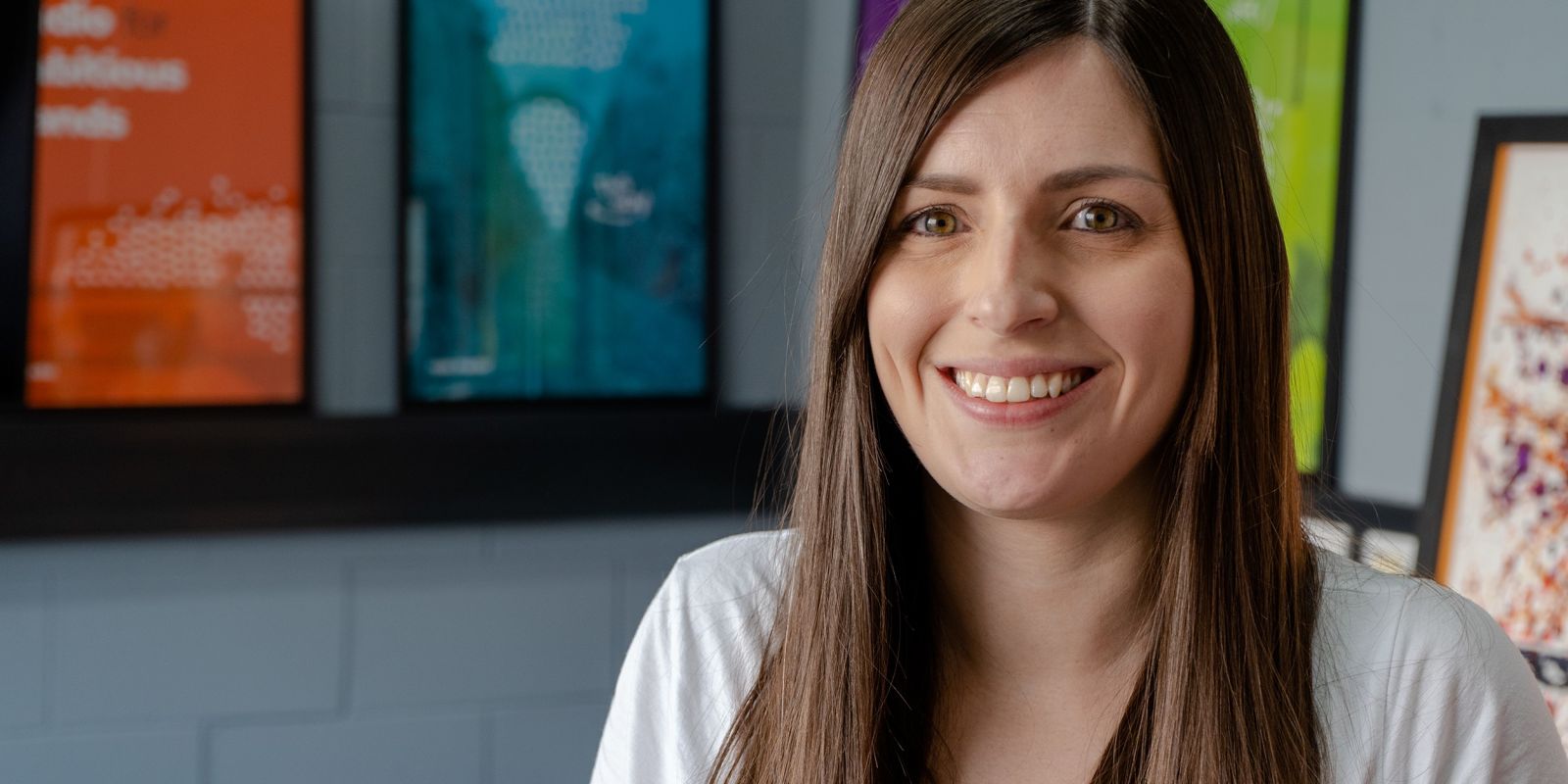What will the future look like? Zoe King
BlogsIn our second blog post by Lincolnshire business people Zoe King, Director of Epix Media and a Board Director at the LEP, predicts what the future might look like after the pandemic...
“What will the new normal look like?” is a widely asked question in these uncertain times. Lots of effort is being put into trying to predict what this new future may hold. We’ve been pondering these at Epix Media, but since Sainsbury’s are out of stock of working crystal balls, our guess is as good as any.
Looking back at the Great Depression of the 1930s there are examples of brands who reacted by retreating into their shell to wait out the storm. Some were bold, promoting new products to capitalise on their competitors’ quietness. Kelloggs overtook the leading US cereal brand in this way by aggressively launching Rice Krispies, and has maintained majority share of the cereal market ever since.
The new normal probably won’t be normal for a while. The changes brought by coronavirus came fast, but will take longer to subside. Those businesses waiting for a snap back to whatever ‘normal’ used to be may encounter difficulties as major, necessary changes to life continue.
The marketing sector that I work in benefits from existing in the space between people and business, carefully listening to both. On one side we can see the core elements of human behaviour remaining unchanged – people still want to eat, stay healthy and have meaningful relationships and memorable experiences – but the way people do those things has changed. On the other side, we’re starting to see innovative businesses finding new ways to be relevant, using their talents to be helpful.
Ultimately, people need to buy and businesses need to sell, and businesses need to be ready to adapt to what markets will look like in the mid to long term. Software and tech firms are varied, some seeing little change owing to a subscription-based model, while others are anticipating a potential game-changing shift in audience needs. Already we’ve seen the community coming together to share insights, creating new bonds and new value for their customers. Don’t get me wrong, the digital sector has felt the shock of sudden change, but it has survived recessions before by evolving to new environments and it is ready to adapt this time.
Much has been said about the near future involving more home working, less travel. We can already see businesses questioning the need for the overhead of office space and wondering why they used to spend two hours driving for a one-hour meeting. Creativity in particular thrives on ideas and interaction though, so a space that gives room to come together and play with concepts is as much a necessity as a luxury.
I suspect we’ll be moving forward into 2021 with a greater sense of what really matters and a reluctance to travel unless really needed. Offices may start to become more like meeting spaces for remote team members than rows of desks, and some of those team members may be from further afield than before. Digital technology has been a great connector in these difficult times, and as long as it continues to innovate and evolve, it will connect us in business on a deeper level across greater distances than ever before.
This article was originally published on the CityX website.


